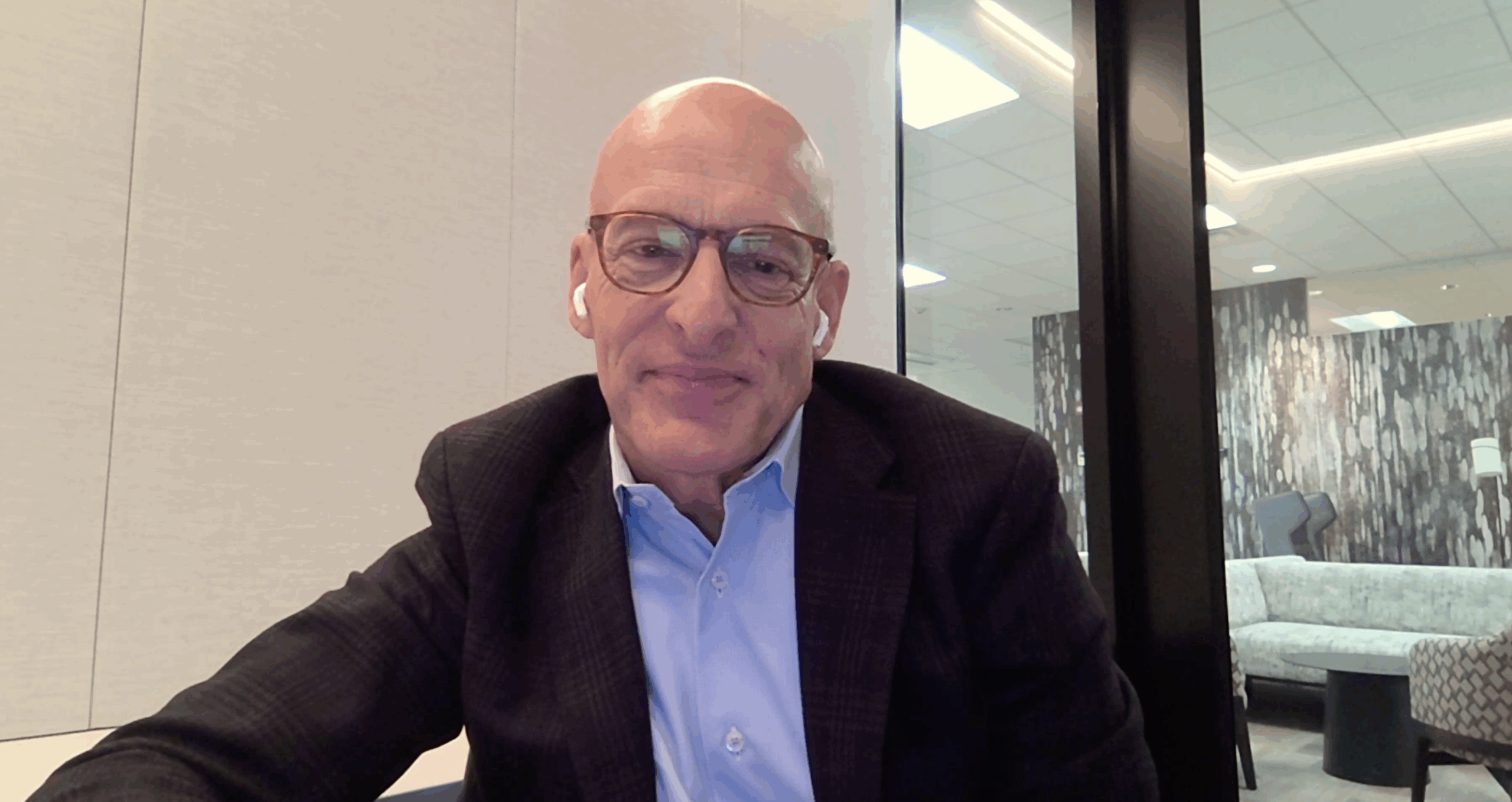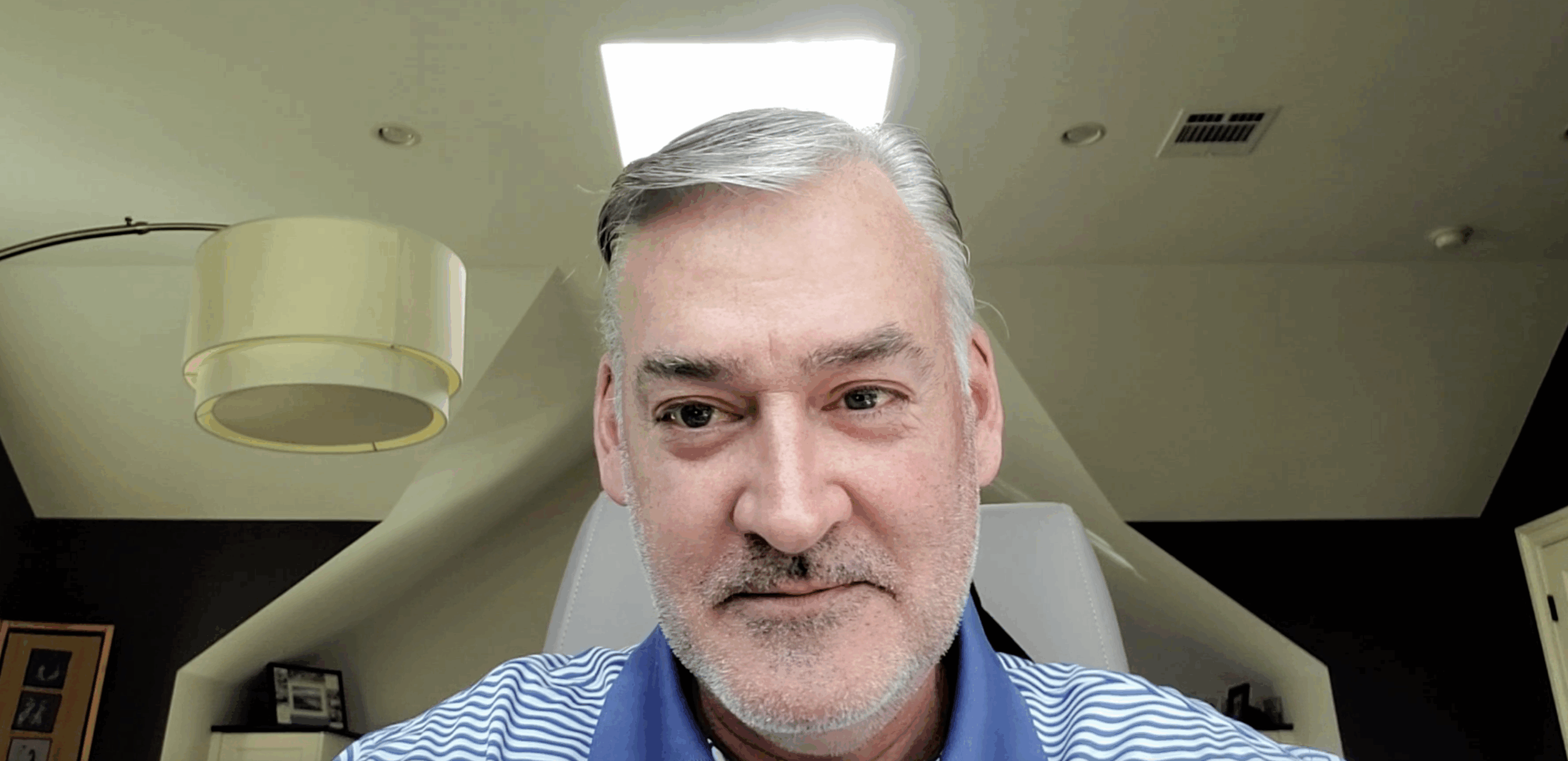On this page
Guest Bio
With over 30 years of leadership experience in hospitality, 26 of which were with White Lodging, Steve Ransone is a seasoned expert in both property and above property roles. His expansive journey includes titles such as General Manager, Regional Vice President, and Vice President of Rooms Operations. Along the way, he has led the opening of more than 40 hotels across 20 brands, rewritten operational policies, crafted forward thinking training programs, and partnered with vendors to bring innovative solutions to longstanding challenges.
In his current role as Vice President of Organizational Capability, Steve champions the development and sustainability of a high performing leadership team within White Lodging. Grounded in a strong company culture and a legacy of excellence, his team drives growth by redefining talent acquisition and talent development to meet the evolving demands of today’s workforce.
From Operations to HR: A Unique Journey
Steve’s career path defies the traditional. Originally grounded in operations with direct profit and loss responsibility, he stepped into HR not by design but by recognition. A leader saw in him the ability to build people, train effectively, and drive change. That shift shaped his approach to HR. He brings an operator’s mindset, always aligning people strategies to the outcomes that matter. For Steve, HR is not a support function. It is a strategic partner rooted in performance and accountability.
Building a Career Pathing Platform
When faced with the limitations of off the shelf HR software, Steve made the uncommon decision to build a custom pathing platform from scratch. The result was Pathfinder, a flexible digital environment that reflects the reality of hospitality careers. With more than 120 mapped roles and 14 disciplines, it enables employees to explore possible futures, understand required results, and collaborate with managers to build real development plans. It is not just a tool. It is an invitation to grow.
The Importance of Change Management
Change is only easy from a distance. Steve has seen firsthand how seemingly simple improvements, like introducing robotic vacuums or new housekeeping standards, can fail if the real world friction is not addressed. His experience taught him that successful change starts by understanding the lived experience of the people being asked to change. Time studies, feedback loops, and respect for existing pain points are critical. What matters is not the tool but how people feel about using it.
Integrating Operational Insights into HR Strategies
The discussion highlights how operational experience can enhance HR strategies. Steve talks about the importance of viewing HR initiatives through the lens of business impact, focusing on talent development that aligns with organizational goals and customer satisfaction.
Challenges and Successes in HR Leadership
Stepping into HR leadership without traditional training presented Steve with gaps and opportunities. Learning on the job, especially after COVID, required humility and curiosity. He had to manage HR systems he had never used, partner with vendors on competencies he had never developed, and build trust from a place of transparency. The result is a leadership style rooted in listening, iteration, and clarity. Mistakes were made but momentum was built through continuous feedback and shared ownership.
Navigating the Complexities of HR Technology
Rather than replace systems out of frustration, Steve advocated for understanding and optimizing what already existed. He resisted the reflex to switch platforms and instead focused on rebuilding the experience around the user. Career journeys were tied into the HR platform with quarterly check-ins, toolkits for managers, and individual ownership by employees. The aim was not software for software’s sake but to embed growth into the daily experience. Accountability was designed into the system from the start.
Skills for Modern HR Leaders
Steve emphasizes that effective HR leaders benefit greatly from operational experience. The traditional view of HR as merely a compliance function is outdated. Modern HR professionals should integrate operational insights into their strategies, focus on talent development, and drive organizational success. Steve highlights the following key skills:
- Operational Insight: Aligns HR strategies with business goals for profitability and customer satisfaction.
- Change Management: Guides teams through transitions with empathy and clear communication.
- Strategic Thinking: Integrates HR practices with long-term business objectives.
- Communication and Listening: Engages employees and fosters a culture of trust.
- Empathy and Emotional Intelligence: Connects with employees personally to motivate and address concerns.
Ready to Push Boundaries?
Steve Ransone’s insights urge HR leaders to leverage operational experience as a cornerstone of effective HR strategy. Steve’s approach highlights the importance of integrating business acumen, strategic thinking, and empathetic leadership to drive talent development and organizational success. Discover how operational insights can transform HR practices and foster a culture of excellence. Listen to the full episode of Skilled for more insights. [Listen here]
Episode Summary
In this episode, we sit down with Steve Ransone, Vice President of Organizational Capability at White Lodging, to uncover how his extensive background in hotel operations has uniquely influenced his approach to HR leadership. Steve shares his journey from the front lines of hospitality into organizational development, offering insights on talent development, career pathing, and change management. We discuss the challenges and wins of building a custom career pathing platform, why listening and adaptability are essential in times of change, and how blending operational expertise with HR strategy can fuel both associate growth and organizational success.
Resources
- Connect with Steve on LinkedIn
Key Takeaways
- Operational Experience Enhances HR Leadership: Integrating operational insights into HR strategies leads to more effective talent development and organizational success.
- Change Management is Crucial: Successfully guiding teams through transitions requires empathy, clear communication, and a deep understanding of employee needs.
- Strategic Alignment Drives Success: Aligning HR practices with business objectives ensures that talent strategies contribute to long-term growth and profitability.
- Communication and Listening Build Trust: Engaging with employees through active listening fosters a culture of trust and collaboration.
- Technology is a Key Enabler: Navigating HR systems effectively enhances efficiency and improves the employee experience.
- Empathy and Emotional Intelligence are Essential: Connecting with employees on a personal level motivates them and addresses their concerns, leading to a more engaged workforce.
Chapters
03:48 Welcome and introduction to Steve’s role at White Lodging
05:13 Building leaders in hospitality through practical development
06:58 How operational experience transformed Steve’s HR approach
12:42 Designing career pathing from scratch instead of buying a platform
15:44 Learning HR by doing and making peace with unknowns
20:10 Building a platform that maps reality, not theory
25:53 The power of asking basic questions and rejecting best practice
27:24 Understanding change through the eyes of the frontline
32:56 Feedback, credibility, and helping managers lead effectively
34:52 From rollout to reality, how Pathfinder became part of the culture
40:17 Closing thoughts and lessons on persistence and change
For a deeper dive into the conversation, listen to the full episode:




